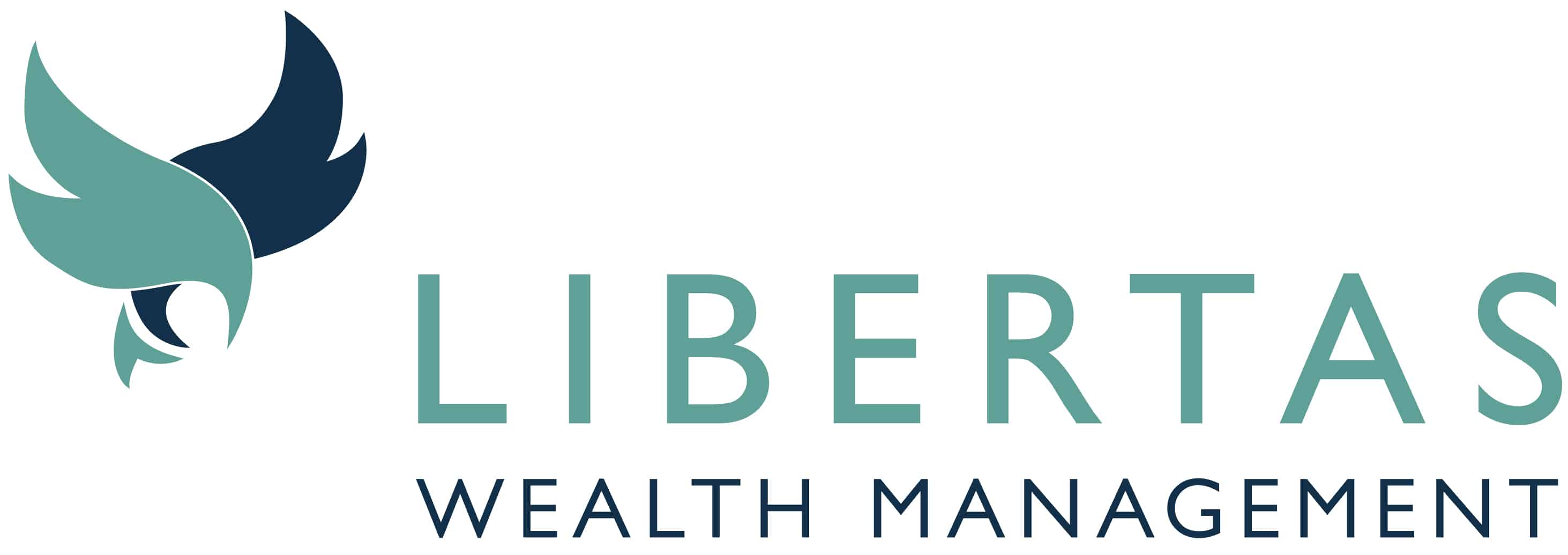Your five-year plan to a comfortable retirement
Retiring is a huge life event. And the very concept of retirement is changing with phased retirement becoming more common. The way we access our pension is now a lot more flexible, and it’s no secret that in the UK we’re living longer than ever before which means we need to make the right choices.
So you’re now age 50 and you want to wave goodbye to the 9-to-5 grind and retire at age 55. You may think it seems like a pipe dream, but early retirement is achievable – and it’s not only reliant on you picking the winning lottery numbers.
Financially secure future
But with a longer retirement ahead of you than previous generations and a greater choice over how you take your pension, planning ahead will help ensure you’re on track to a financially secure future.
There’s a very rough rule of thumb to follow in order to find the magic number for a comfortable retirement. To do this, take the age you started saving into your pension and then divide it by two. This will give you an indication as to the percentage of your pre-tax salary you should be putting aside each year until you retire. Also don’t forget to include your employer’s contribution in that percentage.
We’ve provided our ten things to consider to boost your retirement finances during your final years in the workplace.
Countdown has commenced – your five-year plan to retirement
Firstly, it may seem obvious but decide the age you’re likely to retire.
Think about phasing your retirement and continuing to work part-time for your current or a new employer.
Boost your pension by increasing your contributions and/or adding lump sum payments – making sure to take advantage of any unused pension tax allowance.
Trace any lost pensions through the Pension Tracing Service.
Ask for up-to-date statements for all your pensions. You can also get a forecast of your State Pension at www.gov.uk.
Review your investments and savings to see if they still meet your attitude to risk as you approach retirement.
Consider whether you’d like to take an income from your pension or whether you want a pot of cash, including any tax-free allowance, to do something different in retirement.
Write a Will or review your existing Will – and plan what will happen to your pension and estate if you die, plus any of the tax implications.
Finally, discuss your plans with us and we’ll apply all of the above to your particular situation, where applicable – no matter what your vision of retirement is, we’ll provide the professional advice to help you calculate your magic number for a comfortable retirement.
Early retirement planning is identical to conventional retirement planning with one big exception – time. You have less time to achieve your financial goals and more time that your money must last after retiring. What this means is that you have a shortened, accelerated financial preparation phase and an extended, post-retirement spending phase when you retire early.
A PENSION IS A LONG-TERM INVESTMENT.
THE FUND VALUE MAY FLUCTUATE AND CAN GO DOWN, WHICH WOULD HAVE AN IMPACT ON THE LEVEL OF PENSION BENEFITS AVAILABLE.
PENSIONS ARE NOT NORMALLY ACCESSIBLE UNTIL AGE 55. YOUR PENSION INCOME COULD ALSO BE AFFECTED BY INTEREST RATES AT THE TIME YOU TAKE YOUR BENEFITS. THE TAX IMPLICATIONS OF PENSION WITHDRAWALS WILL BE BASED ON YOUR INDIVIDUAL CIRCUMSTANCES, TAX LEGISLATION AND REGULATION, WHICH ARE SUBJECT TO CHANGE IN THE FUTURE.
THE VALUE OF INVESTMENTS AND INCOME FROM THEM MAY GO DOWN. YOU MAY NOT GET BACK THE ORIGINAL AMOUNT INVESTED.
PAST PERFORMANCE IS NOT A RELIABLE INDICATOR OF FUTURE PERFORMANCE.
Disclaimer: The information provided in our website blogs is accurate and up-to-date at the time of writing. However, please be aware that legislative changes and updates may occur after the publication date, which could potentially impact the accuracy of the information provided. We encourage readers to verify the current status of laws, regulations, and guidelines relevant to their specific circumstances. We do not assume any responsibility for inaccuracies or omissions that may arise due to changes in legislation or other factors beyond our control.
If you would like any clarification, or have any questions, please get in touch.





